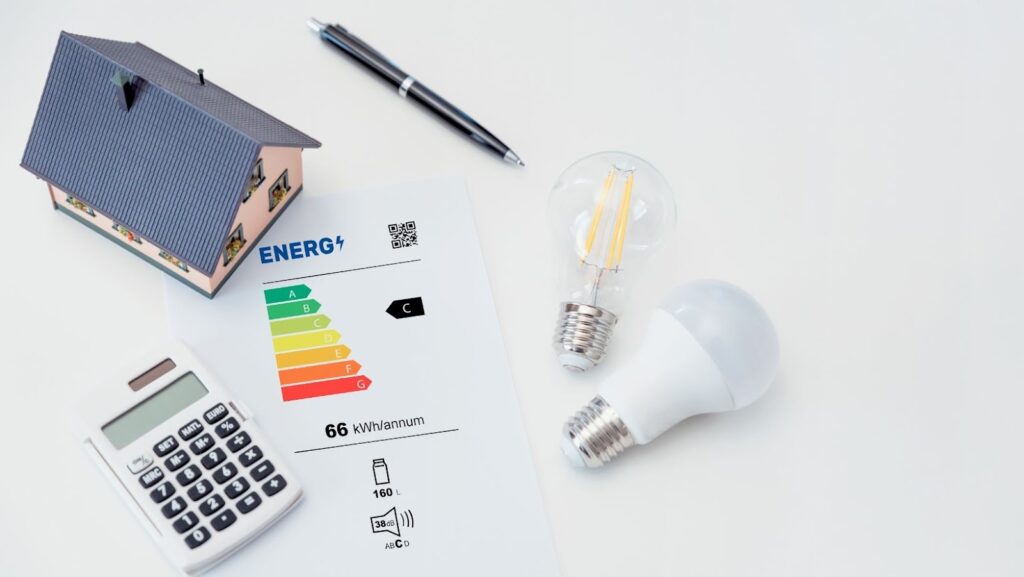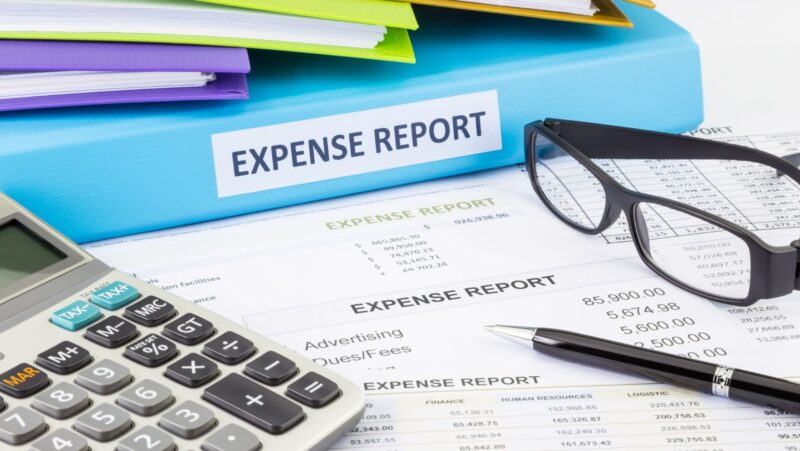
Running a business in the UK comes with numerous expenses, and one of the significant costs to consider is energy consumption. Whether you operate a small startup or a large corporation, finding ways to lower your business energy costs can have a significant impact on your bottom line. In this article, we will explore effective tips and strategies to help you reduce energy expenses while maintaining productivity and sustainability.
Explore business energy prices & rates available here and test the tips and strategies below.
Conduct an Energy Audit
Before you can start implementing energy-saving measures, it’s crucial to understand how your business consumes energy. Conducting an energy audit will provide you with valuable insights into your energy usage patterns, identifying areas of inefficiency or waste. Consider hiring an energy consultant or using an online energy auditing tool to assess your energy consumption accurately.
Upgrade to Energy-Efficient Equipment
Outdated or inefficient equipment can be a major contributor to high energy costs. Consider upgrading to energy-efficient alternatives, such as LED lighting, Energy Star-rated appliances, and HVAC systems with high energy-efficiency ratings. Though there may be an initial investment, these upgrades can yield substantial long-term savings by reducing energy consumption.
Optimize Lighting
Lighting typically accounts for a significant portion of a business’s energy consumption. Implementing simple strategies can make a noticeable difference in energy usage:
- Switch to LED lights: LED bulbs are more energy-efficient, have longer lifespans, and produce less heat than traditional incandescent or fluorescent bulbs.
- Install motion sensors: Motion sensors can automatically turn off lights in unoccupied areas, eliminating unnecessary energy waste.
- Use natural light: Make the most of natural light by optimizing window placement and using skylights or light shelves.
Implement Smart Energy Management Systems
Smart energy management systems enable businesses to monitor and control energy usage effectively. These systems use advanced technologies, such as sensors and automation, to optimize energy consumption. Some key features include:
- Energy monitoring: Real-time monitoring of energy usage allows you to identify inefficiencies and take corrective actions promptly.
- Automated controls: Systems that automatically adjust lighting, temperature, and equipment settings based on occupancy or specific schedules can significantly reduce energy waste.
- Energy analytics: Analytical tools provide detailed reports and insights to help you make data-driven decisions and further optimize energy usage.
Optimize Heating, Ventilation, and Air Conditioning (HVAC)
HVAC systems are often major contributors to energy consumption. Implementing these strategies can help reduce HVAC-related energy costs:
- Regular maintenance: Schedule routine maintenance for HVAC systems to ensure they are operating at peak efficiency. Clean or replace filters regularly to avoid airflow restrictions.
- Programmable thermostats: Use programmable thermostats to automatically adjust temperature settings based on occupancy and work hours, avoiding unnecessary energy consumption.
- Zoning: Divide your workspace into zones and regulate heating and cooling separately, allowing you to tailor temperatures to specific needs and avoid conditioning unoccupied areas.
Educate and Involve Employees
Employee awareness and involvement are essential for successfully lowering energy costs. Encourage your employees to adopt energy-saving practices, such as turning off lights and equipment when not in use and using energy-efficient settings on computers and other devices. Conduct training sessions and provide educational materials to promote energy-conscious behaviors throughout the workplace.
Renewable Energy Sources
Consider harnessing renewable energy sources to power your business operations. Renewable options, such as solar panels or wind turbines, can provide a sustainable and cost-effective alternative to traditional energy sources. Additionally, the UK government offers various incentives, grants, and tax breaks to businesses adopting renewable energy solutions.
Monitor and Benchmark
Regularly monitor and benchmark your energy consumption to track progress and identify areas for improvement. Set energy reduction goals and measure your performance against them. Energy management software and tools can assist in analyzing data and generating reports to monitor energy usage effectively.
Collaborate with Suppliers
Engage with your energy suppliers to explore opportunities for cost savings. Consider negotiating contracts with fixed rates or discounts, especially for long-term commitments. Keep an eye on the energy market and consider switching suppliers if you find more favorable rates or better terms elsewhere.
Government Incentives and Grants
Stay informed about government initiatives, incentives, and grants that can help businesses reduce energy costs.
The UK government provides various programs designed to support energy efficiency and sustainability efforts.
These include grants for energy-saving equipment, tax incentives, and funding for energy management projects. Keep abreast of available opportunities and take advantage of them to lower your energy expenses.
Energy-Efficient Office Practices
In addition to upgrading equipment and implementing advanced systems, there are several energy-efficient office practices that can contribute to reducing energy costs:
- Power management settings: Ensure that all computers, printers, and other office equipment are set to energy-saving power management settings. This includes enabling sleep mode or automatic shutdown during periods of inactivity.
- Unplug chargers and devices: Encourage employees to unplug chargers and other devices when not in use, as they continue to draw power even when not actively charging.
- Energy-efficient office design: Consider the layout and design of your office space to maximize natural lighting and ventilation. Utilize reflective materials and light-colored walls to optimize the use of natural light and arrange workstations to allow for efficient airflow.
Energy Awareness Campaigns
To create a culture of energy efficiency within your business, launch energy awareness campaigns. These campaigns can help educate employees about the importance of energy conservation and provide practical tips for reducing energy waste. Consider organizing energy-saving challenges, and offering incentives or rewards for employees who actively participate and contribute to energy reduction efforts.
Continuous Improvement and Monitoring
Lowering energy costs is an ongoing process that requires continuous improvement and monitoring. Regularly assess the effectiveness of your energy-saving measures and identify areas that need further attention. Analyze energy consumption data, review energy reports, and solicit feedback from employees to identify opportunities for optimization. Stay up-to-date with new technologies and industry best practices to ensure you’re consistently implementing the most efficient energy management strategies.
Conclusion
Lowering business energy costs in the UK is a multifaceted endeavor that involves a combination of upgrading equipment, implementing efficient systems, adopting energy-saving practices, and fostering employee engagement. By optimizing office practices, raising energy awareness, and embracing a culture of continuous improvement, businesses can achieve substantial energy savings and reduce their environmental footprint. By implementing the strategies outlined in this article, businesses can take significant steps toward lower energy costs, increased sustainability, and long-term financial savings. Embracing energy efficiency not only benefits the bottom line but also contributes to a greener and more sustainable future for all.










